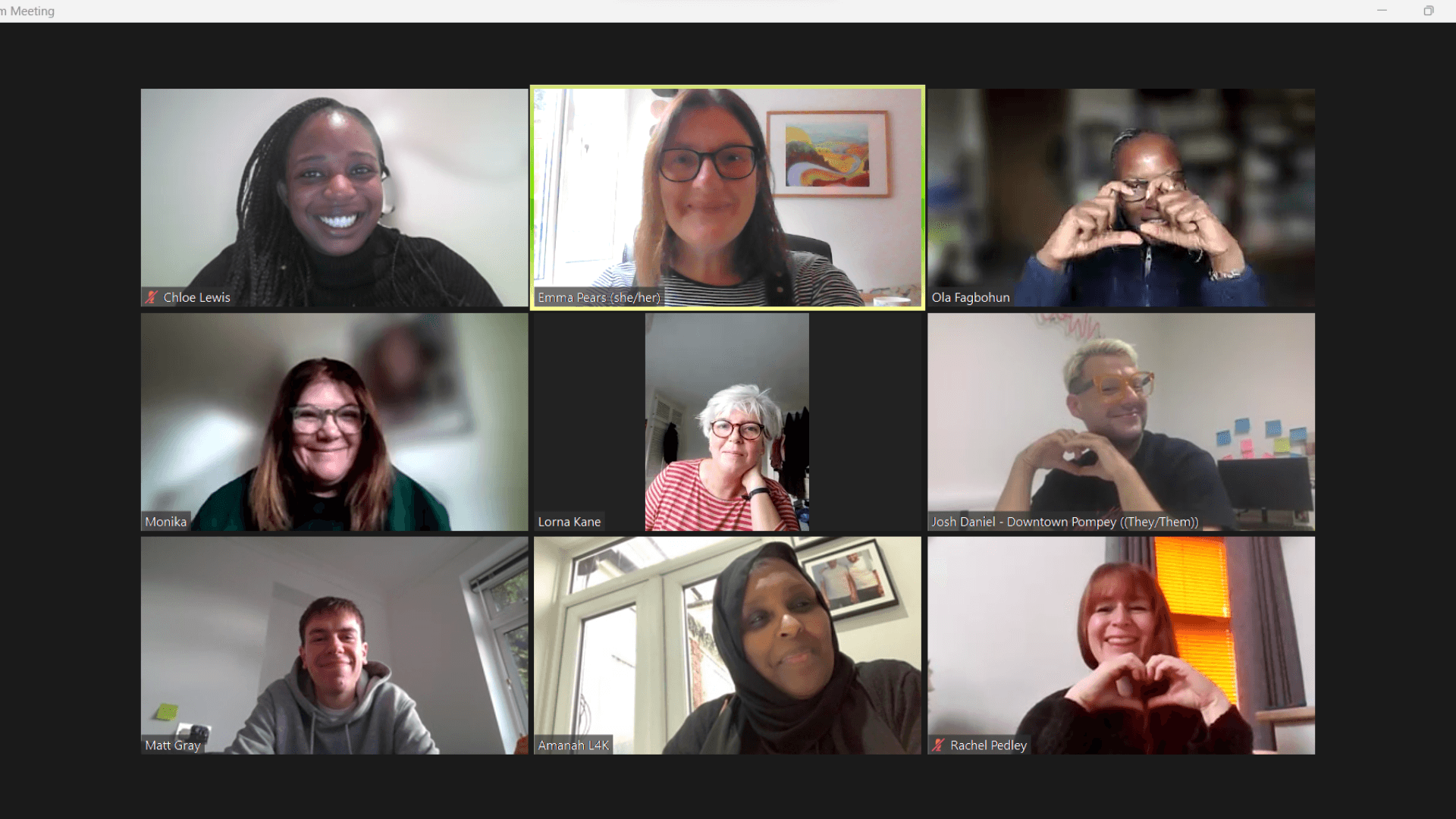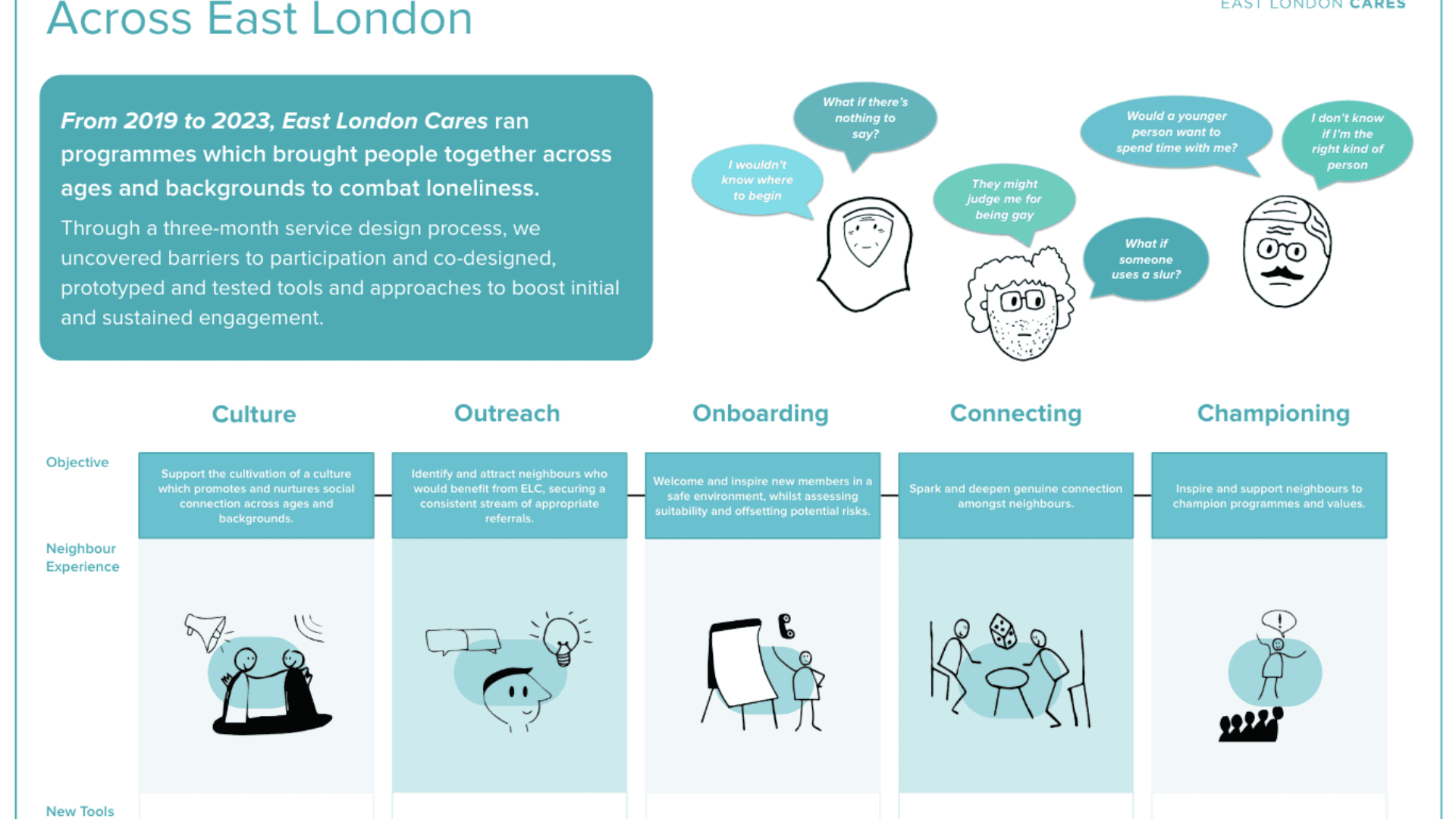
Our attitudinal divisions and the rising risk of rupture – Part two
Posted by The Cares Family on 15th December 2021
Please note: this post is 40 months old and The Cares Family is no longer operational. This post is shared for information only
The Cares Family and Power to Change recently jointly-published a new report, Building our social infrastructure: Why levelling up means creating a more socially connected country. This report argues that, in order to level up Britain, Ministers and officials should put relationships and communities at the heart of policy and decision-making. Over the coming months, we will post a series of blogs summarising the key findings and points set out in this report and exploring related themes. This is the fifth of these blogs. The first can be found here, the second here, the third here and the fourth here.
In part one, I suggested that the way in which we have seemingly come to define ourselves and one another through the lens of Brexit poses a not un-severe threat to our social cohesion. Drawing on the political scientist Lilliana Mason’s argument that, when our political, social and cultural identities fuse into partisan ‘mega-identities’, our sense of our status becomes all too bound up in political causes, I argued that a nation split in various respects between Remainers and Leavers might run the risk of democratic and social rupture.
I also began to set out why there’s nothing inevitable about our coming apart. Indeed, in my last blog-but-one, I drew on the story of Roy and Jack – two friends who were 70 and 29 when they were interviewed for a radio programme hosted by the politician Douglas Alexander. Jack and Roy had met through South London Cares’ Love Your Neighbour programme. They told the former Cabinet Minister that, while they didn’t always see eye-to-eye on political issues including Brexit, they had come through their friendship to understand and empathise with one another’s experiences and views in a way they didn’t before.

Since the referendum, a number of initiatives have sought to encourage Remainers and Leavers to break out of their social and political bubbles and talk to one another. Many have stimulated good-spirited and valuable dialogue. At The Cares Family, though, we’re not totally sure of how many of these projects have managed to inspire the sense of comfort which is – for most of us – a precondition for participation in really courageous conversations. The kind in which we change, even if our minds don’t – the kind that Roy and Jack had.
Recognising the limits of our own perspectives is hard at the best of times. It’s harder still when we’re asked to re-evaluate the core values which we believe deeply and feel viscerally should shape our lives and society – values like fairness and loyalty, which are central to our sense of ourselves. Values which have found expression in the political identities of Remainer and Leaver. In those instances, we’re simply too close to see the picture clearly.

At times, it feels as if the future shape of British politics is hanging in the balance. The realignment of our political debate to centre on social and cultural values which seemed to be heralded by Brexit has by no means been anything more than partial. Indeed, it may yet prove to be nothing more than a blip as the full reality of economic injustice and division in our country is laid bare by the ongoing pandemic. Equally, there’s good reason to believe that, even now, our subconsciouses are tipping the scales in the direction of continued Brexitification.
Political psychologists believe that the level of importance which we attach to values like respect for tradition, love of country or cross-border compassion speaks directly to our psychological predispositions in a way that our views about more abstract political concerns like the size of the state or public spending simply don’t. Jonathan Haidt has, for instance, posited that social liberals and social conservatives have different ‘moral tastebuds’, with the latter in fact being hard-wired to place a premium on demonstrating loyalty to one’s social tribe, respecting recognised authority and maintaining a sense of purity. To try and empathise with a core value which you don’t share is to try and imagine why someone might love vindaloo when you can barely muster a korma.
It’s easy to imagine how political debate might, when it pits two objectively distinct and deeply engrained moral worldviews against one another, come to feel frustrating, then antagonistic, then acutely personal. That being the case, is it any wonder that political discourse centred explicitly or implicitly on our social and cultural values spirals downwards into rancour and acrimony, and that we find that the genie of incivility can’t be stuffed easily back into the bottle?
When politics cuts this deeply, polarisation takes on a particular momentum. That, in a nutshell, is why the already penetrating attitudinal divisions which have manifested in the political, social and cultural identities of Leaver and Remainer are – on balance and as things stand – likely to plumb new depths in the years to come.
As this blog has set out, our social and cultural outlooks are intrinsically bound up with – and shape – our sense of where we and others fit in the world. And we’ve seen time and time again that, once politics begins to be a bit about matters of identity and belonging, it quickly becomes a lot about those things.
Lilliana Mason argues that it was in large part the sorting of Americans, during the 1960s and 70s, into two parties defined as much by attitudes towards questions of social identity as economic views which eventually gave rise to a US Republican Party preoccupied with ensuring that ‘the white Christian male is at the top of the American social hierarchy’ at almost any cost. January’s Capitol Hill insurrection would likely have seemed a far-fetched proposition even to keen political observers during those decades; just as talk of the contours of British politics being fundamentally redrawn – and our country becoming irreparably divided – as our cultural values grow in salience can seem overwrought. But ripples build to waves.
Equally, we have it in us to build new dams and stem the tide – as Jack and Roy’s story shows. In concluding the blog in which I first alluded to their story, I suggested that supporting more people to connect meaningfully across social and cultural cleavages might be the key to staving off rising polarisation and political division. In drawing this one to a close, I’ll submit that encouraging the development of strong and diverse social networks may just represent our best defence against the poisonous polarisation which results when Mason’s ‘mega-identities’ materialise.
Exactly how acting to nurture social connection within and across communities might prevent our attitudinal divisions from swelling to the point of no return will be the focus of the next blog in this series. But it all comes down, in a word, to trust.


